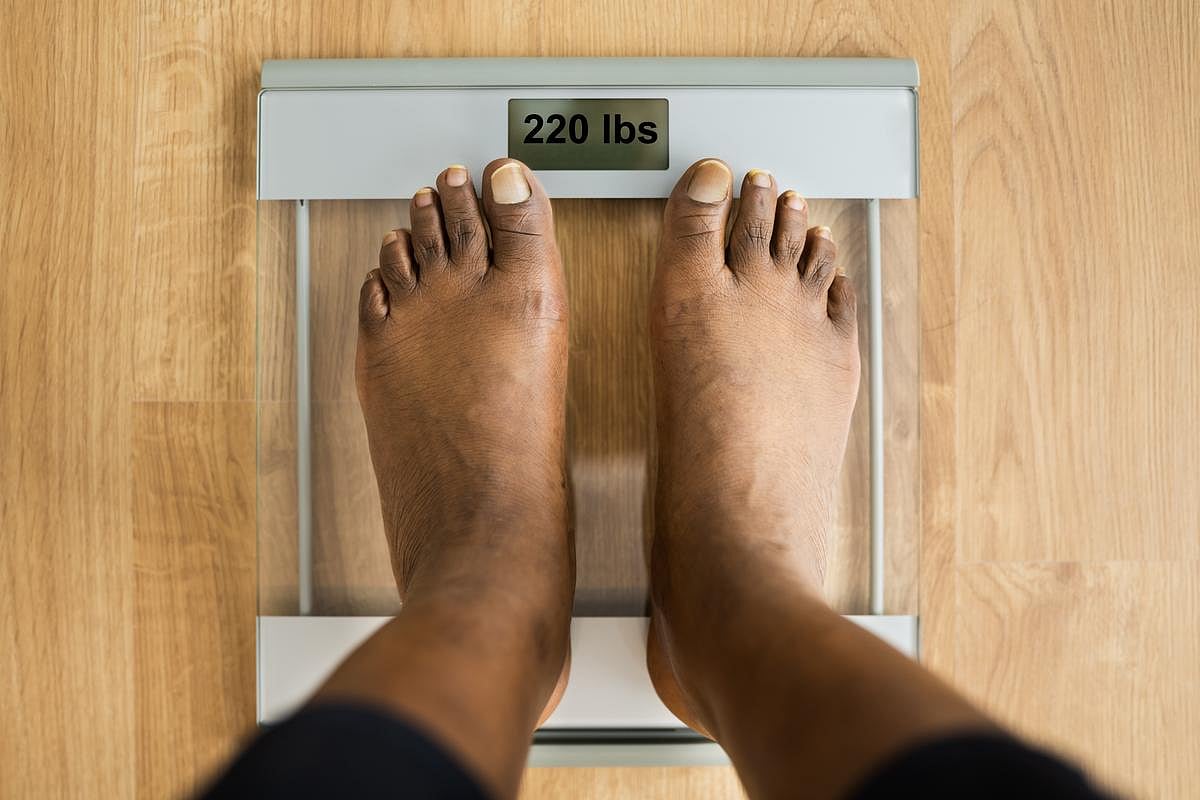.jpeg)
Pesticides used on commercial farms, and even your backyard flower bed, could be harming the healthy bacteria that live in your gut, new research suggests. And it’s not only pesticides: British researchers found that other chemicals ubiquitous in modern homes — flame retardants and plastics compounds — may also be toxic to your “microbiome,” the… read on > read on >


















